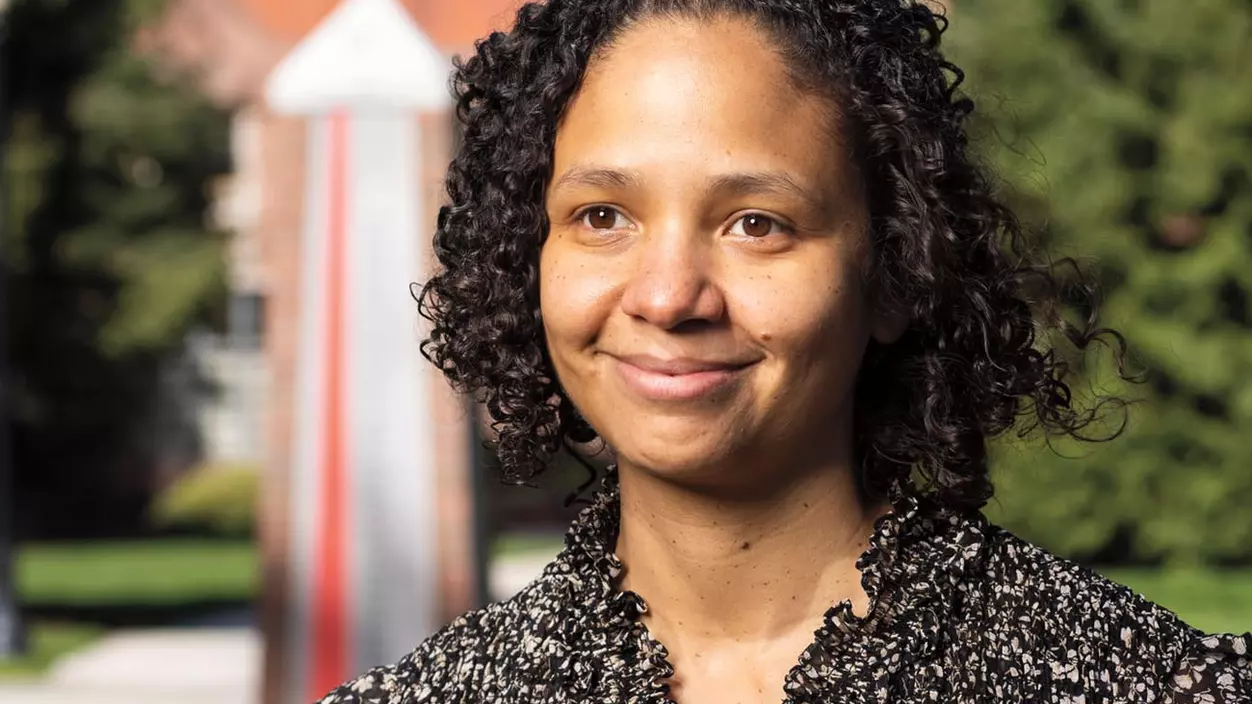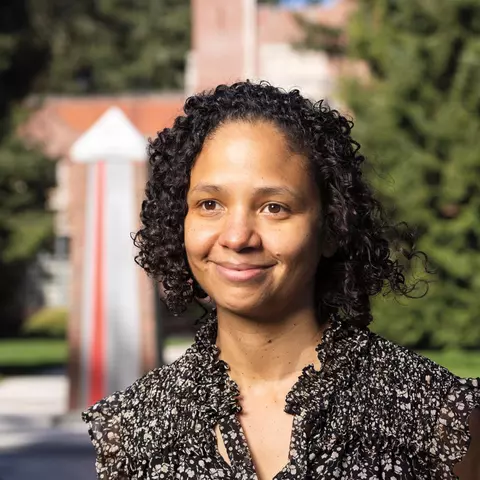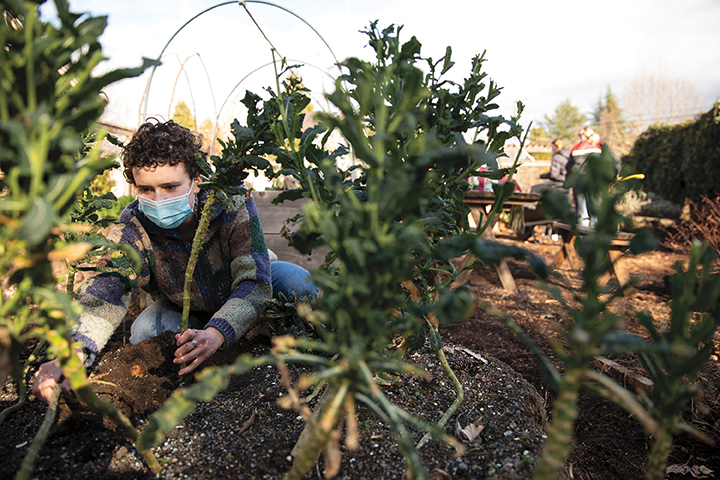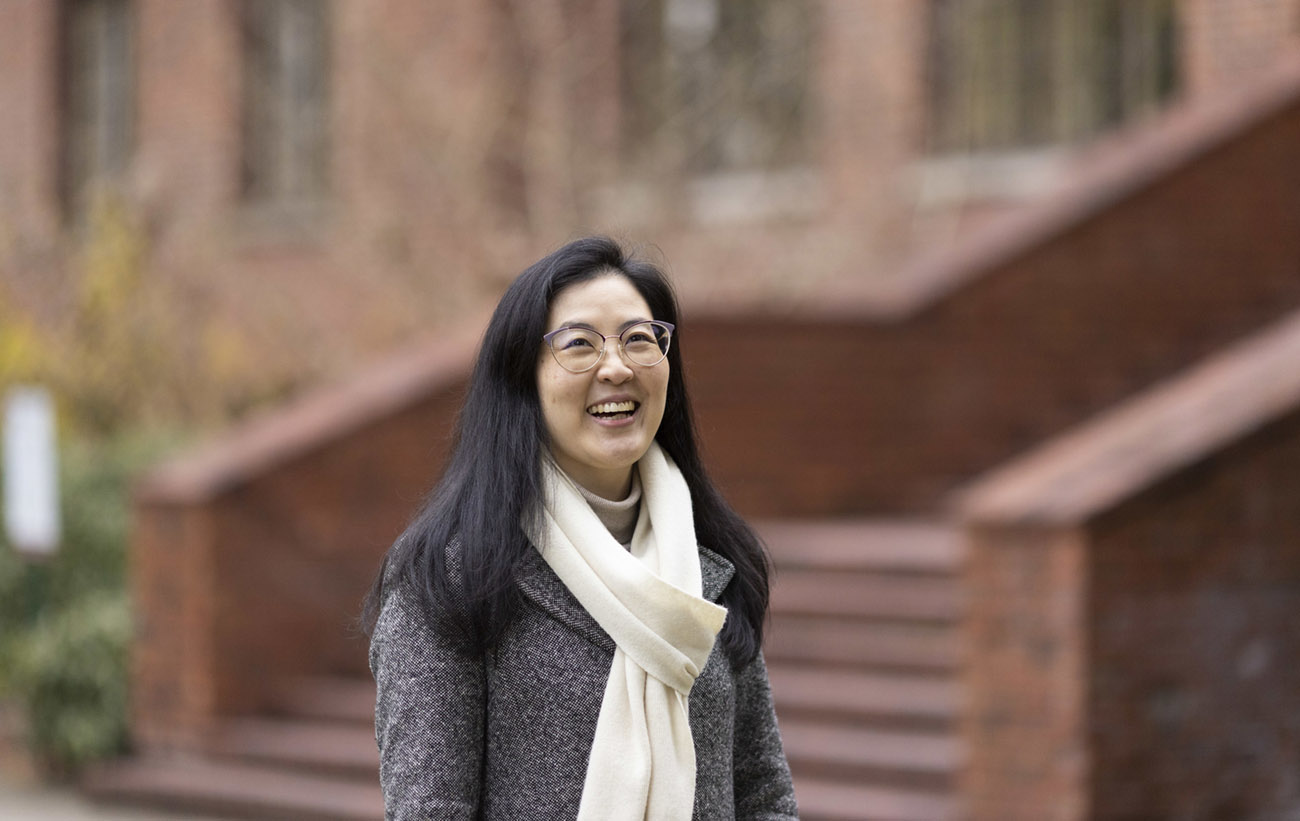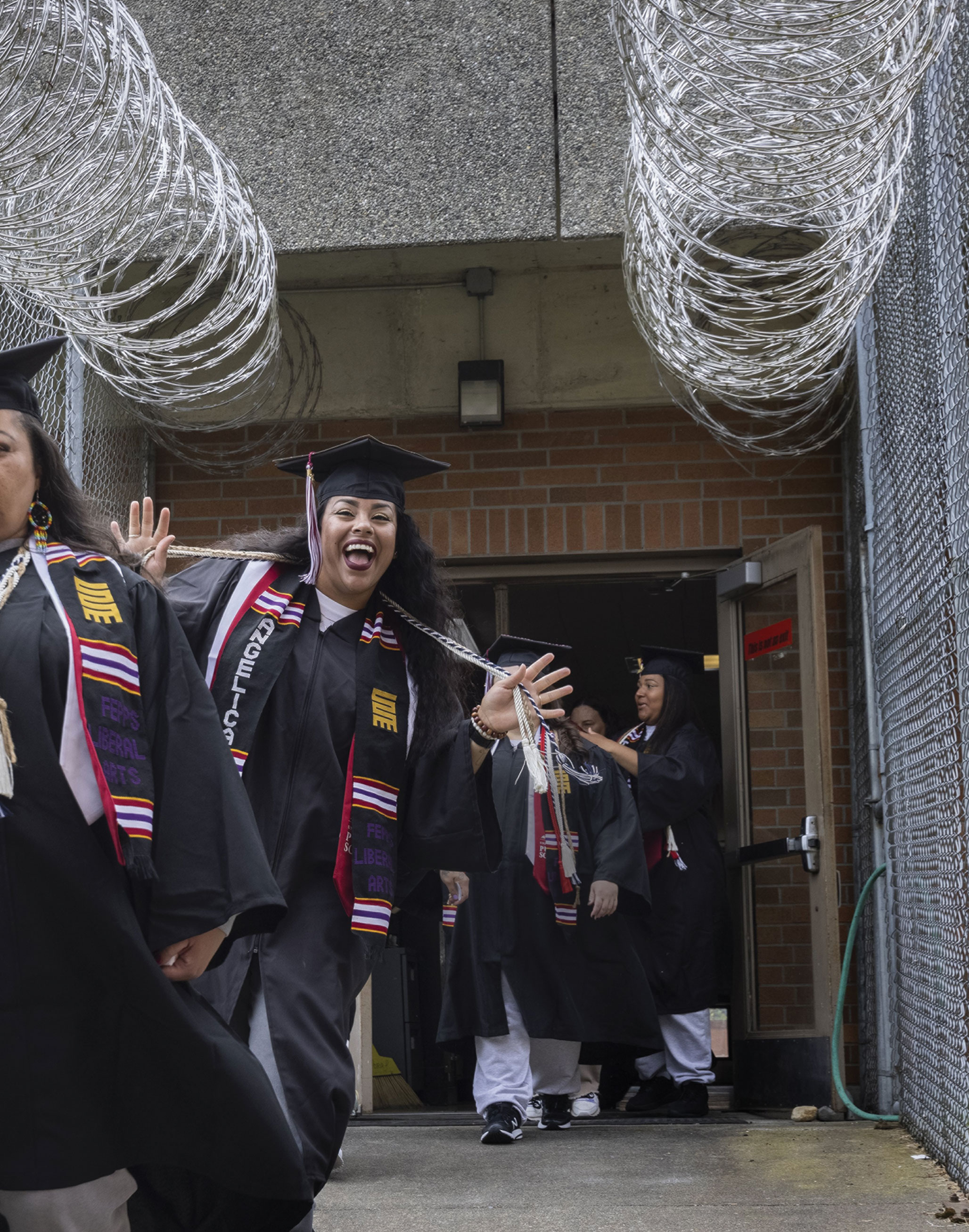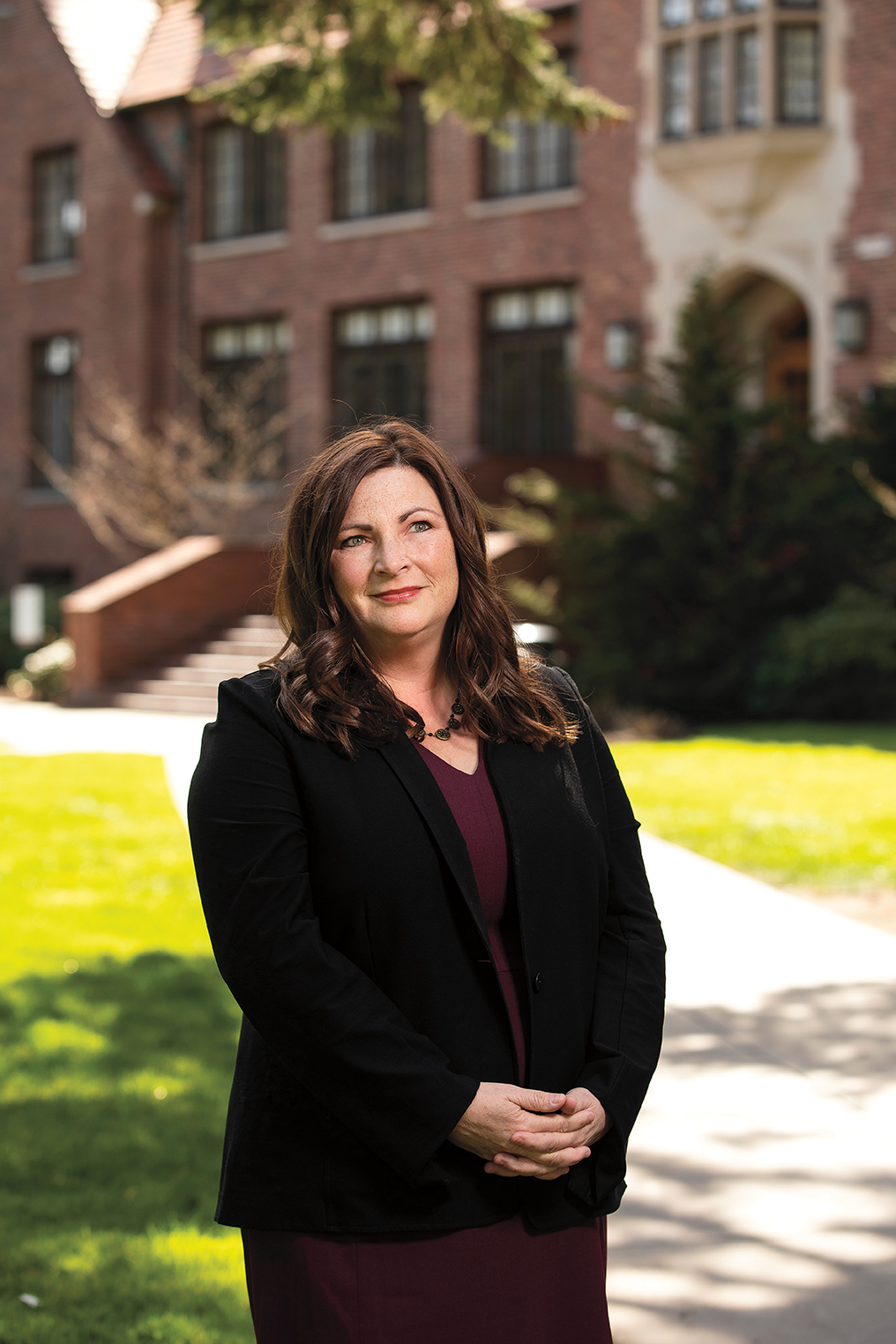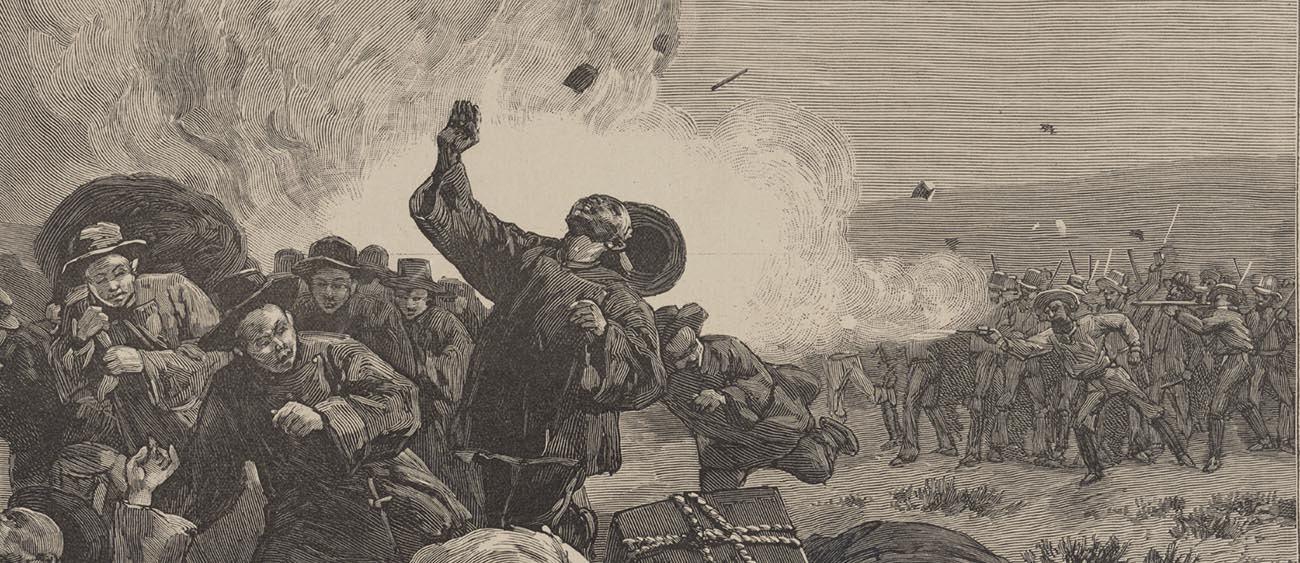Q: Recently, you published research where you trained a neural network to write Homeric poetry. Can you talk about that project?
A: That came from a student, Annie Lamar ’19, who was a classics and computer science major. She came to me with the idea of training an artificial intelligence to write Homeric poetry. She served as the domain expert from a classics perspective, bringing in all this detailed knowledge about ancient Greek and about style and meter, and I came alongside to provide the computer science knowledge. We trained a neural network by having it read 27,000 lines of The Odyssey and The Iliad. Then we ran it through some models to see if it could generate the same kind of poetry. Annie even brought in ancient Greek experts and asked
if they could identify which lines were the original text and which ones were written by the AI. What we found was that long pieces of text started to turn into gobbledygook, but if presented with a single line, it becomes much harder to distinguish between the human and the computer. It was a fantastic collaboration and an exemplar of people from different fields coming together.
Q: Are you at all concerned about artificial intelligence getting too smart?
A: Not at all. I gave a presentation for parents on this topic recently, and I said, “You don’t need to worry that computers are going to kill you. You should just worry about your data and privacy. I really like teaching Introduction to Computer Science, because after that class, students realize computers are actually really dumb. So you’re fine. You’re not safe from the other humans using computers, but you’re safe from the computers.
Q: What do you hope students gain from your classes?
A: There are two things I hope students take away. The first is a larger historical perspective on what we’re learning. The second is critical and logical thinking skills. It isn’t enough to know that an algorithm works. I want you to understand the way of thinking that led someone to create that algorithm. Computers are capable of so much, and they have the potential to shed new light on every area we shine them on, if you approach them with an understanding of their strengths and limitations. I’m intrigued by those possibilities, and I hope students are, too.
Q: How do you spend your time when you’re not on campus?
A: I have two small kids, so I spend a lot of my time reading children’s books and drying tears. When I do get some time for myself, I like to read. I really enjoy science fiction and fantasy. I could read that all day and be content. I even have a page on my website called Sandbox, where I post book recommendations. I recently read The Murderbot Diaries series, which are quick reads and very funny.
